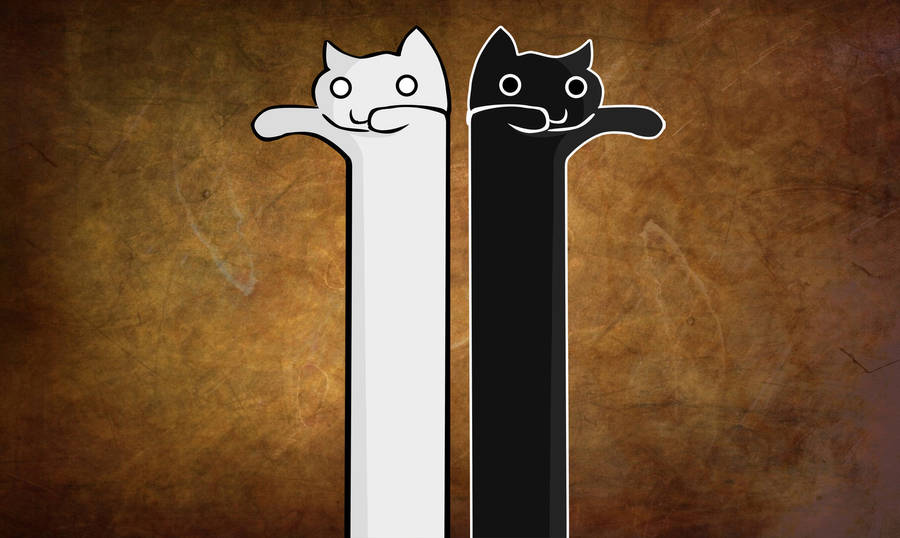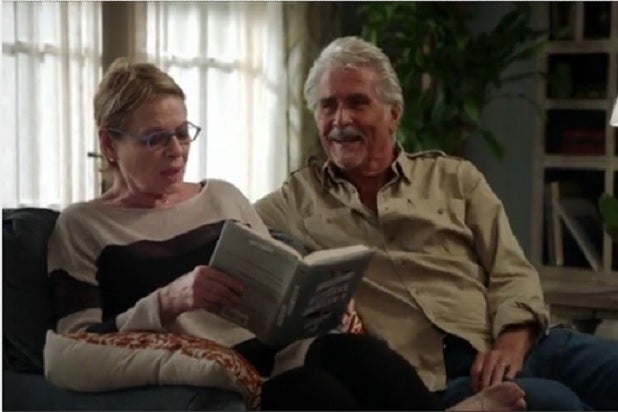Privacy
 |
| behaviour.education.qld.gov.au/ |
Denise Agosto of Drexel University thinks we're using too many scare tactics when educating kids about online privacy. I'm going to look into the San Jose (CA) Public Library Virtual Privacy Lab.
Yet another goal: Some kind of event for parents during Choose Privacy Week. I wonder how they would take my suggestion to stop posting so many pictures of their kids when they're on vacation? "Hey, robbers, we're not home!" Do they realize that they're creating a digital footprint over which the kids have no say? Sometimes beginning in the womb?
Our students all have Gmail accounts, and for the first time, they're accessible via Aspen. Maybe I'll start some kind of "pro tip" communication for them. And ask my principals to include more info from me in their parent emails. About all kinds of things, not just privacy.
Weeding
Idea #4,589: Post "Weed of the Week" somewhere, in the spirit of AwfulLibraryBooks.net (tagline: "Hoarding is not collection development"). I regret not taking pictures of some of the gems I've gotten rid of so far.
Interactive Readalouds
From an article by Priscille Dando in Knowlege Quest:
"Joan Frye Williams' analogy frames libraries as no longer being grocery stores stocked with ingredients but kitchens where ingredients are combined to create something new."
I like the idea of working with classroom teachers to choose readalouds that can be delivered during library time.
"Readers never ask a question that they already know the answer to. As the reader, ask interpretive questions rather than factual."
Questioning as a Literacy
From an article by Sara Kelley-Mudie and Jeanie Phillips in Knowledge Quest:
"Understanding a question is different from answering a question; it means being able to form an idea of what an answer might look like and what type of information is being sought."
Write arounds
Question Formulation Technique from the Right Question Institute
Sample prompts: "How would it be different if ..."; "What is the purpose of ..."
Criteria for prioritizing questions
- Which questions will best help us solve the problem?
- Which questions will make interesting research questions?
- Which questions can we answer through direct observation?
- Which questions can we develop an experiment to answer?
Data Literacy
From an article by Kristin Fontichiaro and Jo Angela Oehrli in Knowledge Quest:
"Students often believe that numbers are objective, though data in the real world is rarely so. In fact, visualized data - even from authoritative sources - can sometimes be anything but." Categories include:
- Statistical literacy: "Discerning correlation from causation; recognizing the difference in the meaning of mean, median, and mode; understanding what margin of error signifies in polling data; recognizing potential biases in collected data (e.g., where did they gather it from?)"
- Data visualization: "Having skills to create and comprehend mapped data, graphs, pie charts, and emerging forms of visualizations"
- Data in argument: Infographics need to make a point, not just be a random collection of facts
- Big Data and citizen science: How much personal data is too much?
- Personal data management: "While students might like seeing relevant ads or music recommendations that match their favorite, few know it is because of the breadcrumb trail they leave behind. ... "today's online content creators and social networks are engaged in a balancing act between maximizing advertising revenues and delivering quality content."
- Ethical data use: Realizing that data can be "framed, edited, manipulated, or otherwise modified" to sway or confuse

 |
| ala.org: click to link to PDF version |
Gaming as Meaningful Education
I've had board games available in my libraries for years. As the ALA infographic notes, "In game play, players work towards mastery and rarely experience failure as an obstacle to trying again and again. There is something in play that gives players permission to take risks considered outlandish or impossible in 'real life.' There is something in play that activates the tenacity and persistence required for effective learning."
Other key points:
Other key points:
- "Many board games encourage players to detect patterns, plan ahead, predict the outcome of alternative moves, use deductive logic, and learn from experience."
- "Research shows there is a link between playing certain types of board games and scoring well on math tests."
- Games are a more powerful learning tool when we teach kids that problem-solving ability is like a muscle: It can be strengthened with practice and learning."
Source Illiteracy
 |
| imgflip.com |
Kids need to have "the ability to interpret from context, to know what to ask, to read the clues, and to use the understanding brought from knowing about other sources." That understanding is hard to teach, because "source literacy is usually gained through experience and not instruction."
I like Murphy's suggestion of having kids create source banks, similar to Pinterest pages with boards for different types.
Creating a Literacy Plan for Your School
Realize that it "takes years of intentional effort" and don't "try to tackle every grade at once."- Be the leader - Gather a group of stakeholders and start with SOMETHING with the knowledge that it will undergo a ton of changes
- Know what you can and can't control - Focus on what you can do without relying on anyone else
- Make the goals visible and generate excitement - Get decent posters made; present at meetings with teachers, parents, and administrators
- Determine where the skills will fit - Build a big-picture view by meeting with every teacher, even just for 20 minutes, to create a comprehensive document re: what is already in place and where the holes are
- Plan, plan, plan - Map out ways for student understanding to grow and build over the year through all subjects/classes
- Assess, rinse, repeat - Share accomplishments and make adjustments as necessary














































